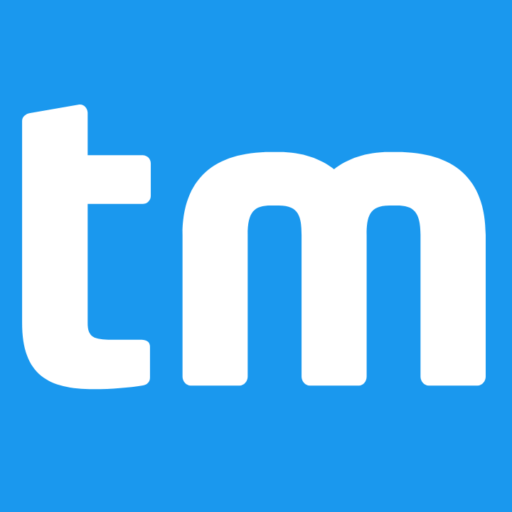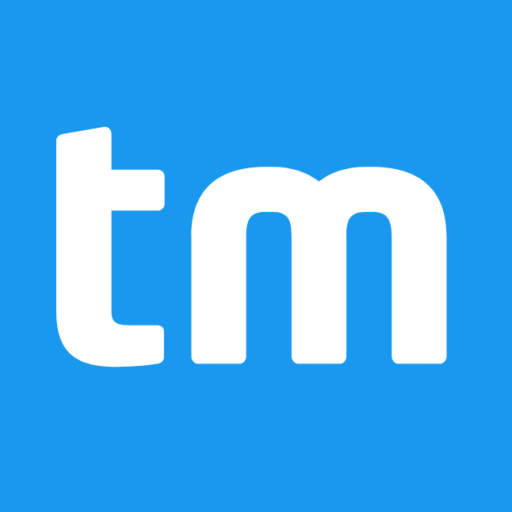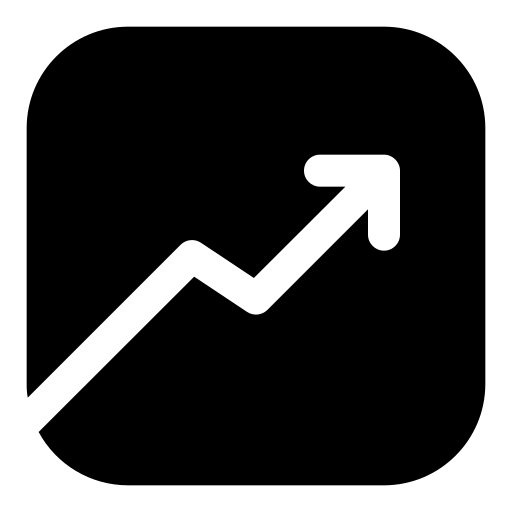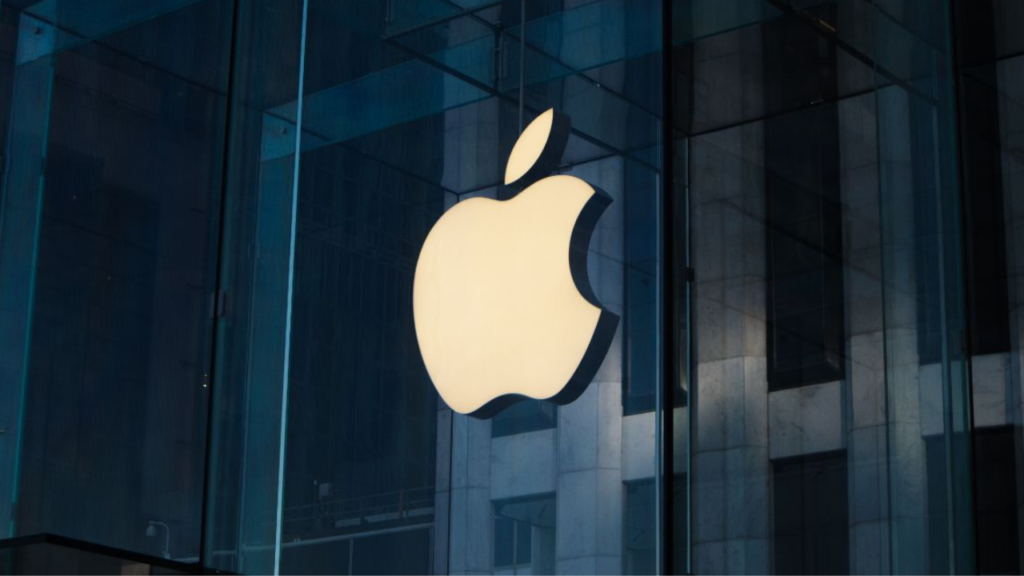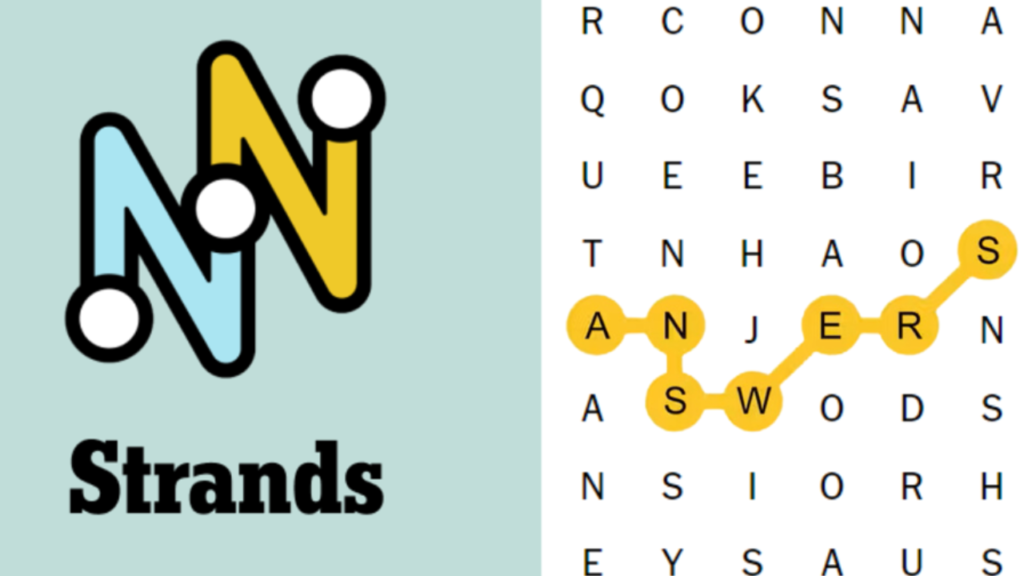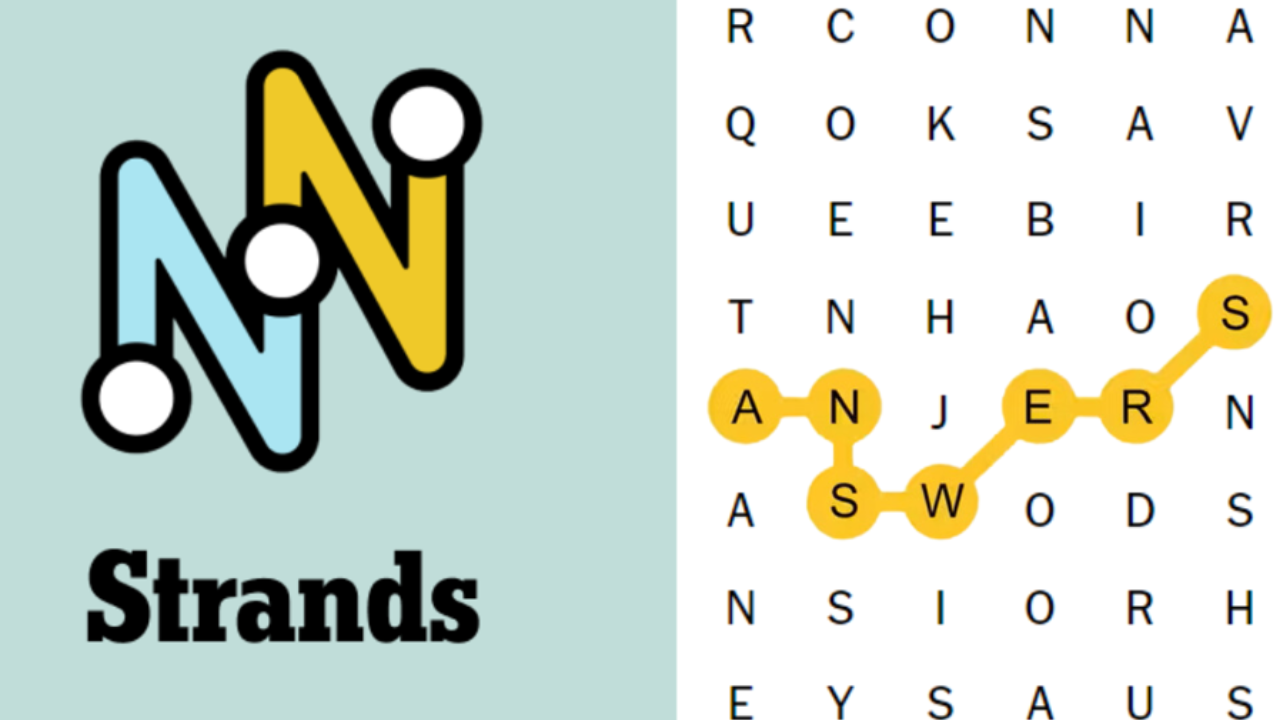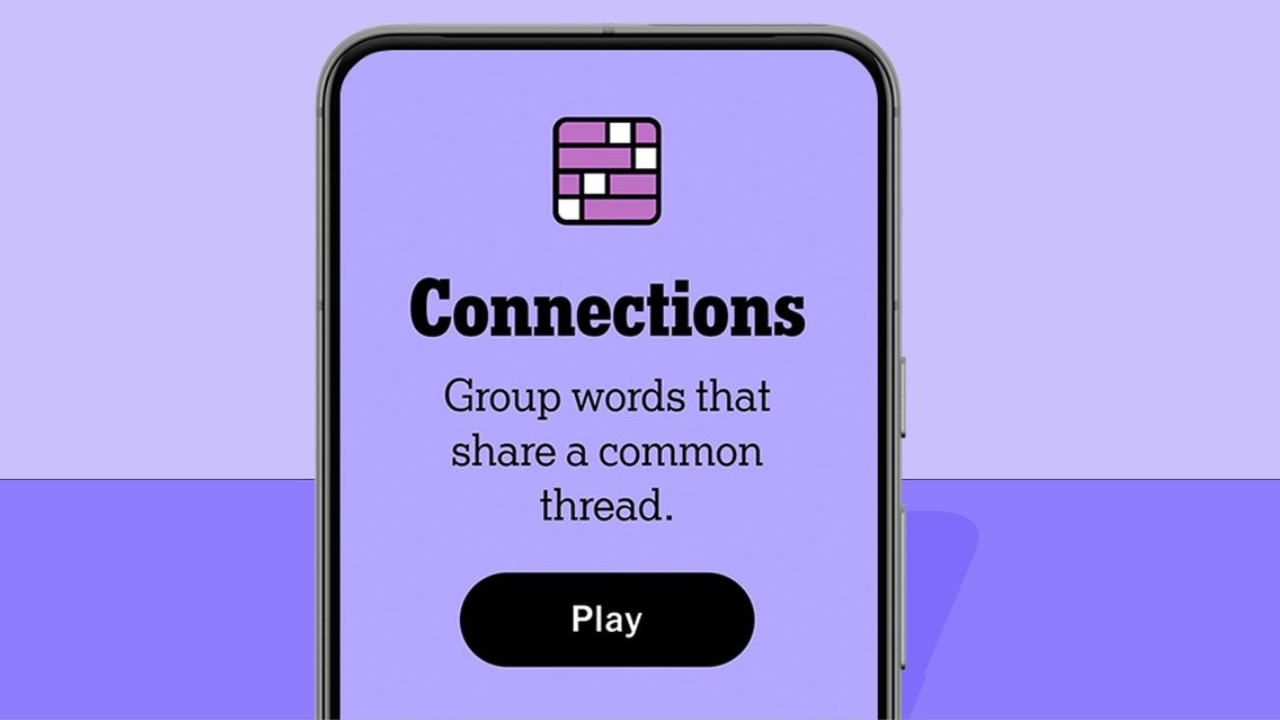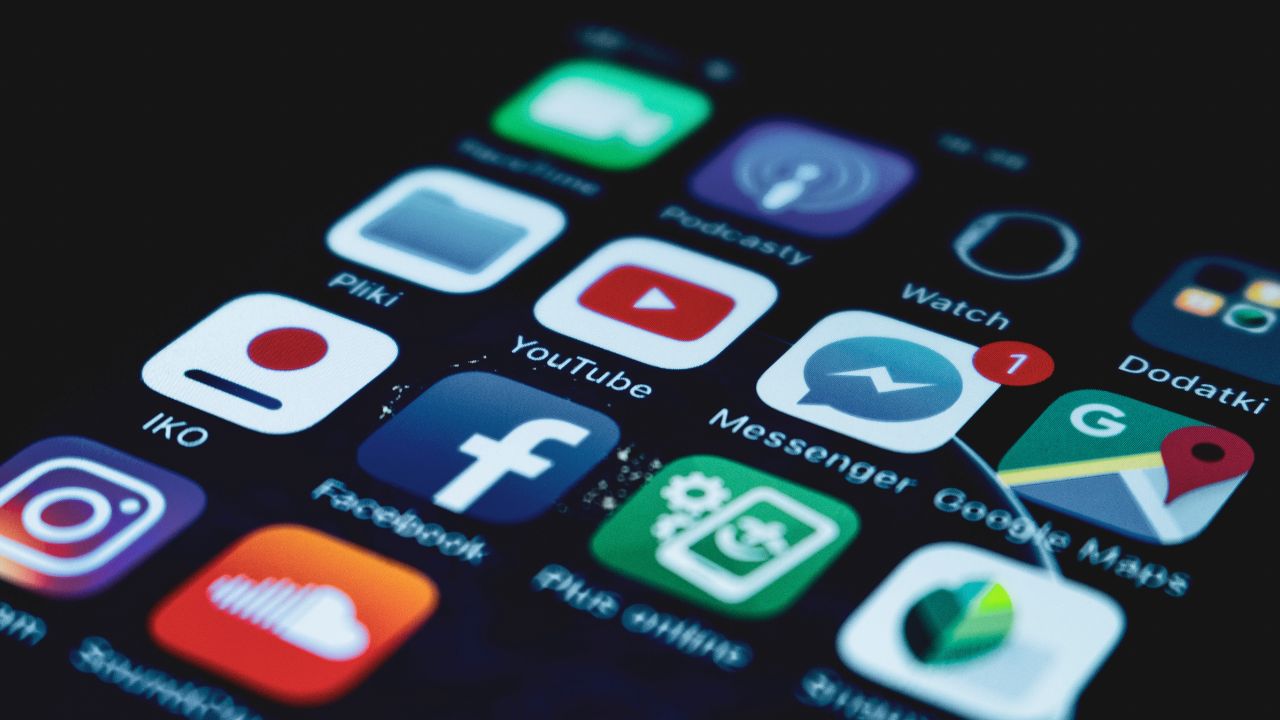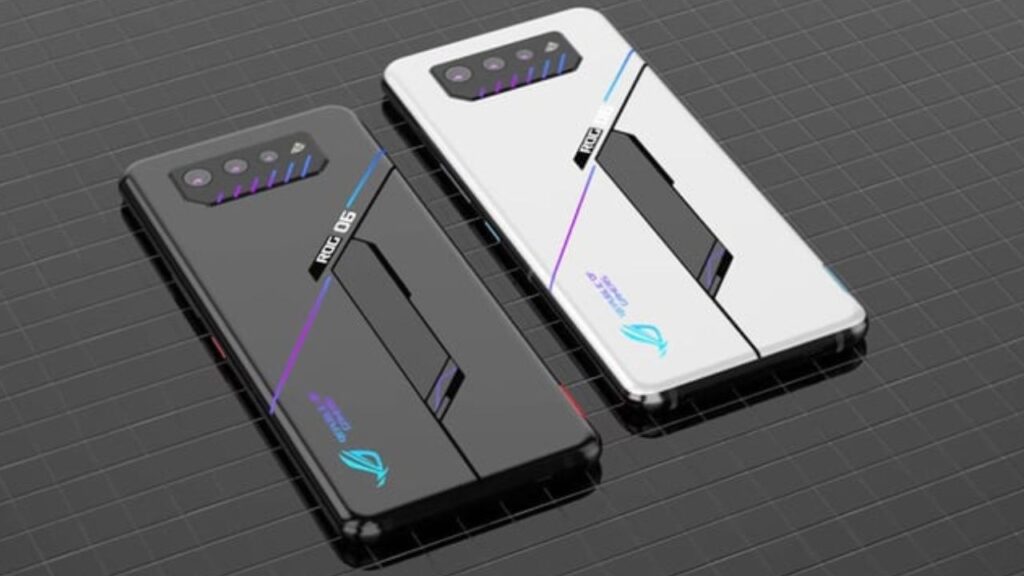Apple continues to navigate its way through complex legal challenges posed by governments in both the European Union and the United States. The legal disputes, which have been unfolding over several months, focus on allegations that Apple’s control over its iOS ecosystem stifles competition.
In March, the U.S. Department of Justice, alongside 16 state attorneys general, filed an antitrust lawsuit against Apple. The lawsuit claims that Apple restricts iPhone users from accessing apps outside of its approved channels, thereby violating antitrust laws.
This week, Apple issued a formal response, emphatically denying the allegations. In its court filing, the tech giant requested that the federal judge dismiss the case, asserting that the lawsuit “bears no relation to reality.”
Apple’s legal team argued that the government’s assertion of eroded smartphone competition is unfounded. They highlighted that the complaint itself acknowledges the continuous innovation and competition within the smartphone market. The lawsuit accuses Apple of monopolistic behavior by making it difficult for consumers to switch to other phones, restricting middleware, stifling innovation, and limiting communication via iMessage.
Merrick Garland, the U.S. Attorney General, emphasized the importance of competitive pricing for consumers, stating, “Consumers should not have to pay higher prices because companies violate antitrust laws.” He argued that Apple’s dominance in the smartphone market stems not just from outperforming competitors, but from allegedly violating federal antitrust laws.
Bloomberg reported that Apple categorically denies being a monopolist. The company contends that it sets conditions for developers accessing iOS but does not interfere with their interactions with other major players like Samsung and Google. Apple’s lawyers pointed out that the company faces significant competition from other global smartphone manufacturers.
Should the government prevail, the lawsuit could lead to substantial changes in how iPhones and iOS operate. However, the resolution of this case could take several months, if not years.
Apple is not alone in facing such scrutiny. Both Google and Meta are also contending with lawsuits and stringent new regulations from the EU. While the US has been slower to implement laws curbing Big Tech’s influence, the Biden administration’s Justice Department has taken a more proactive stance on monopolistic practices compared to previous administrations.
US District Judge Julien Neals, appointed by President Joe Biden, is scheduled to hear Apple’s dismissal request later this year. While it’s common for companies to seek dismissal of government-brought cases, it’s uncommon for judges to grant such requests.
